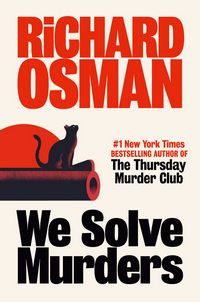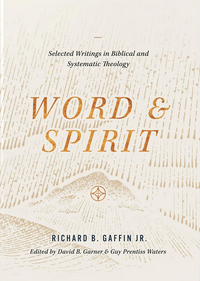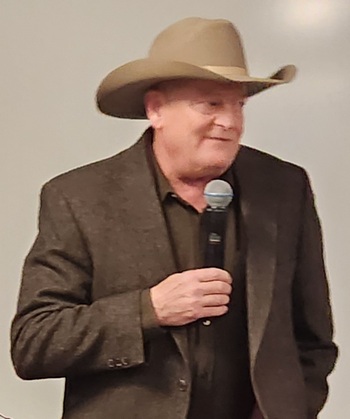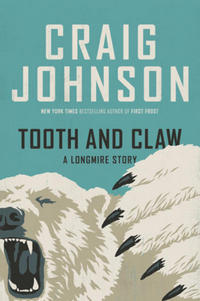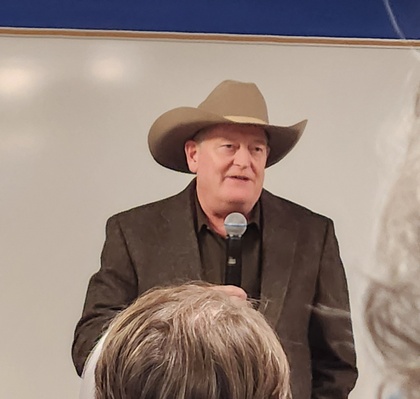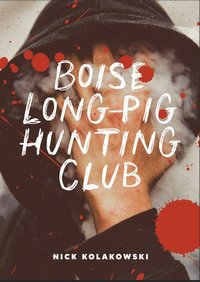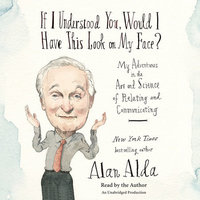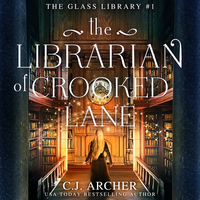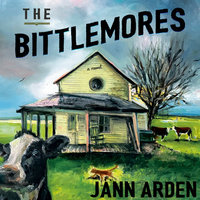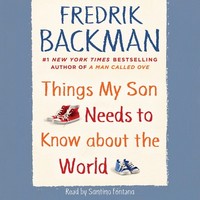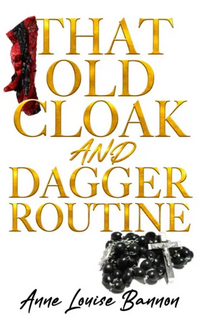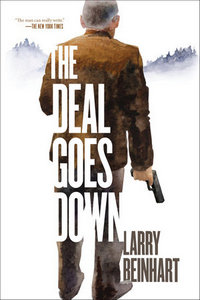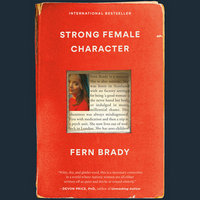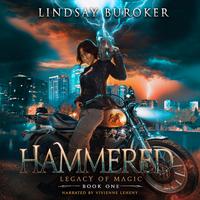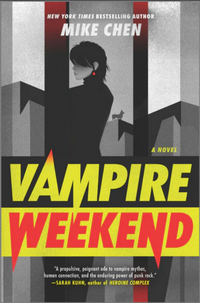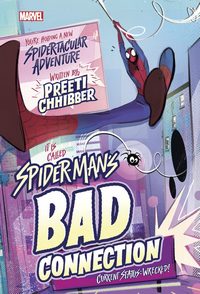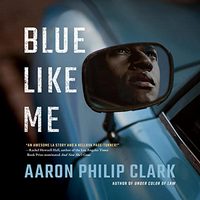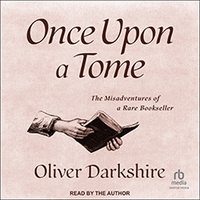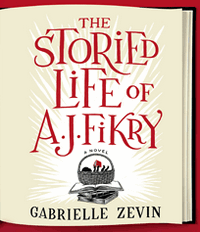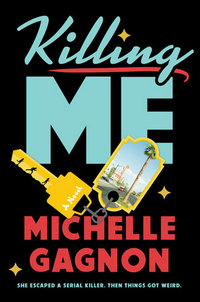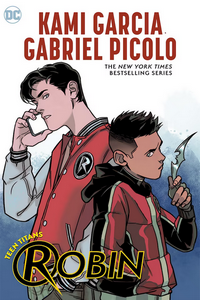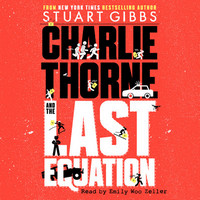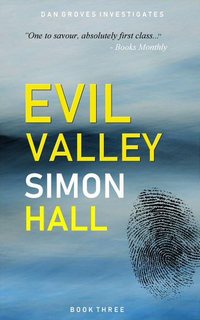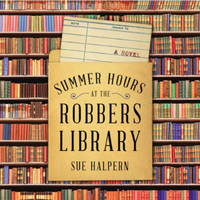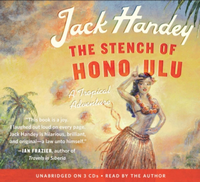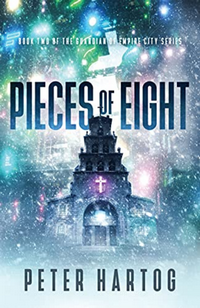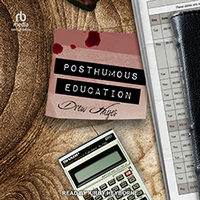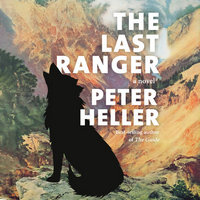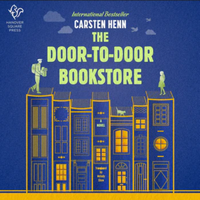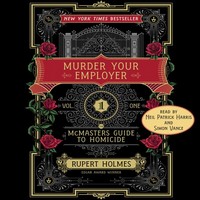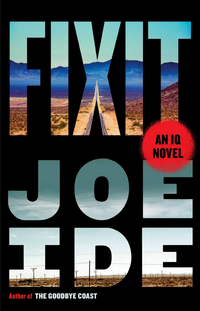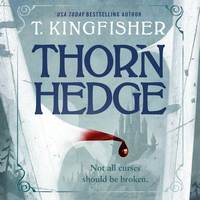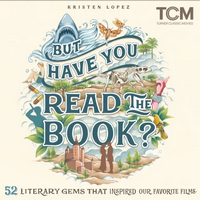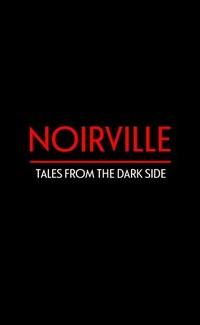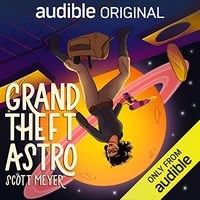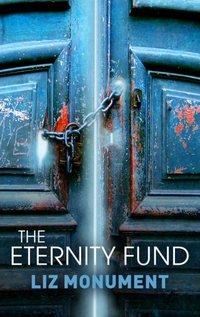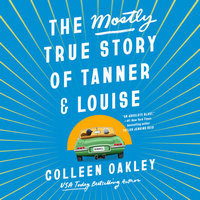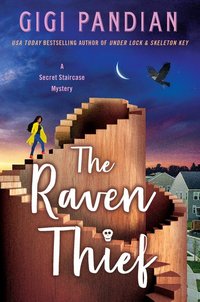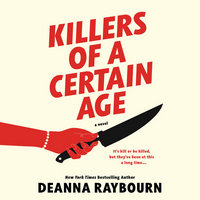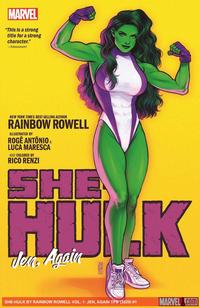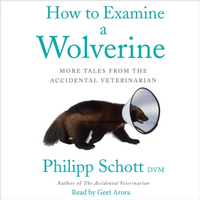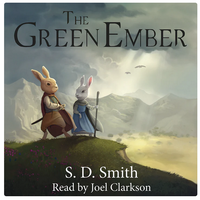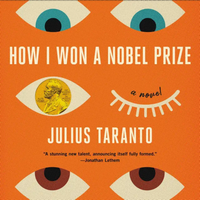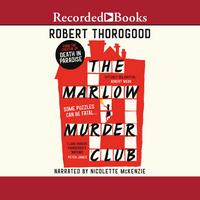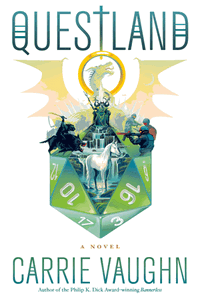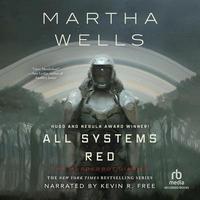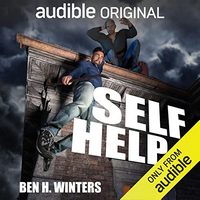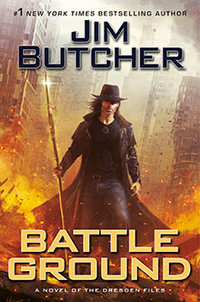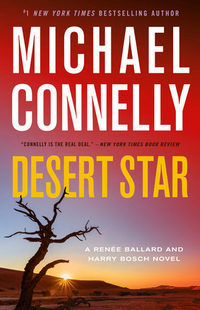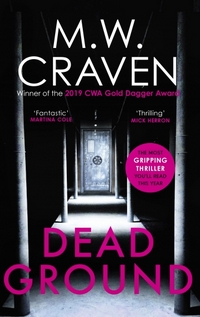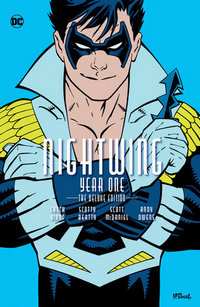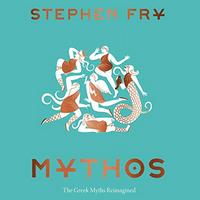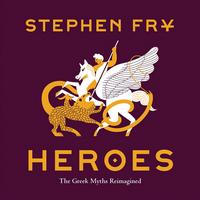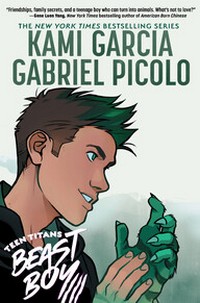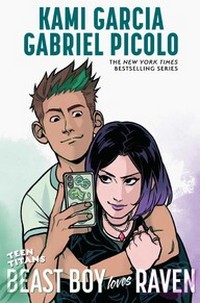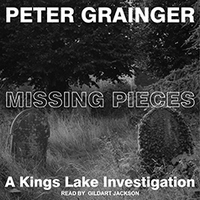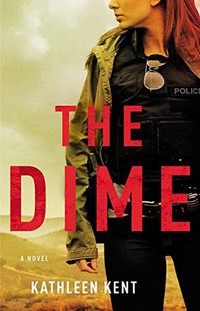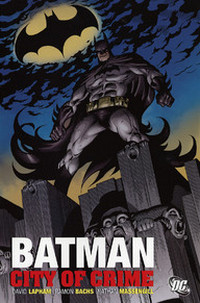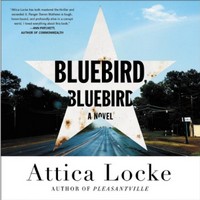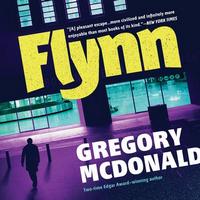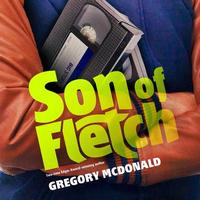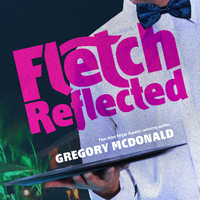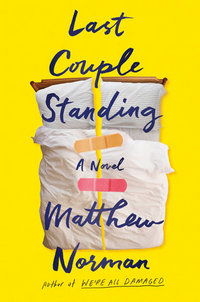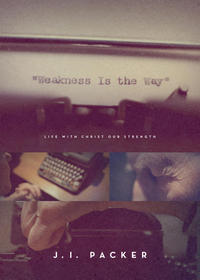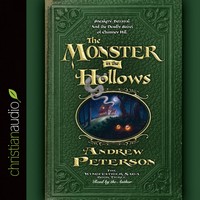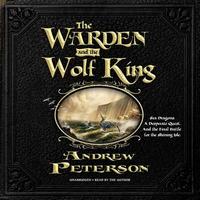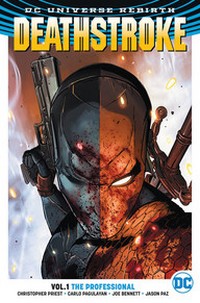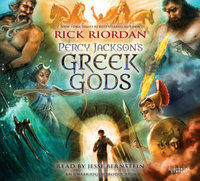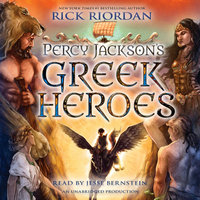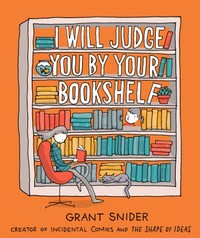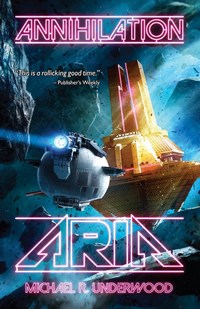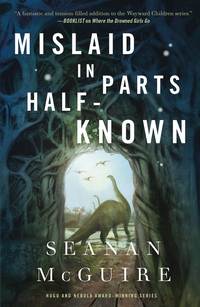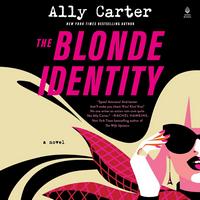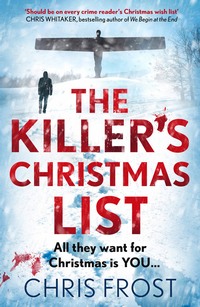 The Killer’s Christmas List
The Killer’s Christmas List
by Chris Frost
DETAILS: Series: DI Tom Stonem, Book 1 Publisher: Harpernorth Publication Date: October 29, 2024 Format: eBook Length: 320 pg. Read Date: December 11, 2024

A Quick Note
For reasons he’s probably detailed somewhere (and I likely read/heard and forgotten), Chris McDonald wrote this under the pen name Chris Frost (and who knows, McDonald might be a pen name, too). But as he’s not being covert about it (his Twitter account uses both names), I’m going to talk about them as if they’re the same person, because McDonald’s work informs the way I reacted to this.
What’s The Killer’s Christmas List About?
Previous drafts of this have been over-complicated as I explain too much and yet try to be spoiler-free, or they’ve been so bland as to be useless (“A new DI is assigned to a holiday-themed murder. Detecting ensues.”). So I’m going with the crutch of the Publisher’s description of this “anti-cosy Christmas” mystery:
In the picturesque village of Kibblesworth, DI Tom Stonem is dreaming of a quiet Christmas alone.
But in the shadow of the Angel of the North, a body lies waiting. The dead man is posed with a child’s Christmas list in his pocket, and the first mysterious item – 1. No angel – is crossed off.
When a second body is found – a woman, stabbed in the abdomen after her work Christmas do – Stonem is convinced there’s a grim connection between the crime scenes and the seemingly innocent list. 2. Red partee dress. Could this be a murderer’s twisted code?
As a blizzard rages in the Tyne & Wear countryside, the body count is snowballing. Can Stonem stop the killer before they get everyone on their Christmas list?
He’s So Good at This…
This is a minor thing, but Frost is so good at this (like McDonald, see A Wash of Black)—I can think of other examples, too, but few are as smooth as Frost/McDonald is. Stonem is really introduced to us as he arrives on the crime scene as his first day on the job in this station. So we get a blend of our introduction to him, the other officers, and the crime all at once.
The skeleton of the series is established, the kind of detective Stonem is, the identities and character of those he works with, and the kind of crimes we’re going to be seeing—both for the rest of this series and the rest of this novel. It’s so economical, so organic, and efficient that I can’t help but admire it. You start off with the whole world for DI Tom Stonem delivered in a chapter or two, rather than getting it in dribs and drabs like most people do. I have no problem with that approach—but when you see it done like this, it just seems so right.
The Flashbacks
We get regular flashbacks to someone’s childhood throughout the book—it’s a child who doesn’t have a lot in life, and a couple of parents who need financial help, and probably addiction treatment (and a lot more, too). It’s clearly connected to the killings the book focuses on. But, of course, just how it is connected is held back.
As a story-telling tool, I typically don’t like this approach.* It just seems mawkish, usually ungraceful, and I really dislike the way it’s generally used to give us insight into a killer (or someone associated with the crime) without identifiying the person, it just grates on me like nails on a chalkboard**. However, the way that Frost used it ended up really working for me, and was some of the more effective writing in the novel. Good on him.
* I say that, but I probably get sucked in regularly. But at least I don’t think I like this approach.
** Readers of a certain age should ask their parents. And maybe suggest an updated comparison for me to use.
Spoilerish thought, maybe skip this paragraph: This did not go the way that Frost seemed to be telegraphing—it may be that he had a better idea partway through and changed things, but it was probably (and it makes him seem cleverer) that he faked the reader out. A couple of times in the case of this reader. I’m so glad that he did—not just because I enjoy it when an author fakes me out without cheating, but because the way it ended up works so much better than where I thought he was going.
Just how Christmas-y is This?
Not very. Christmas plays a role in motive, and the thing is set in the days leading up to December 25th. But there’s not a very holiday feel to this. Some Christmas mysteries (even involving murder, kidnappings, serial killers, and other acts of violence) still give you a Christmas cheer vibe or something like that. There’s so little of that here as to make it negligible. The holiday is important to the plot, but not to the “vibe,” for lack of a better word.
Basically, read this one whenever you get around to it. You don’t need to sip on egg nog with Andy Williams playing in the background to appreciate it.
So, what did I think about The Killer’s Christmas List?
This is not Frost at his best, I’m sorry to say. Something about the prose felt clunky and occasionally overwritten—maybe Frost and his editor got in some strange groove and didn’t read as critically as they could’ve in the last passes. Was anything so bad that it took me out of the book? No. I winced a little and moved on. But it’s kind of a shame. Also…there were a couple of lines of investigation I just can’t imagine an experienced detective (or one who’s watched more than 3 episodes of Law & Order) didn’t take from the get-go. It didn’t hurt Stonem or his team, it just felt weird not to at least have them mentioned. And I grumbled about it to the book, which thankfully didn’t reply.
But whatever.
The plot though? Really good. Frost’s storytelling makes up for my quibbles—the way he develops the story, the momentum he gathers, and the twists were really nicely done. I’d sussed out the killer ahead of time (but I couldn’t have been wronger about motive)—and Frost convinced me I was wrong until he got to the reveal.
I liked Tom Stonem—he’s not as instantly compelling as Erkia Piper was, but it didn’t take too long for me to appreciate him, and I think in future books, I’ll end up liking him as much as, if not more, as Piper. And I’m really curious about where Frost intends to take him. Some of the rest of the team will be fun to hang out with, too. They’re not the typical detective team that I meet in British Police Procedurals (which frequently feel interchangeable between series).
The Killer’s Christmas List was a solid and quick read that was pretty satisfying. I’m looking forward to more of these.
This post contains an affiliate link. If you purchase from it, I will get a small commission at no additional cost to you. As always, the opinions expressed are my own.
![]()



